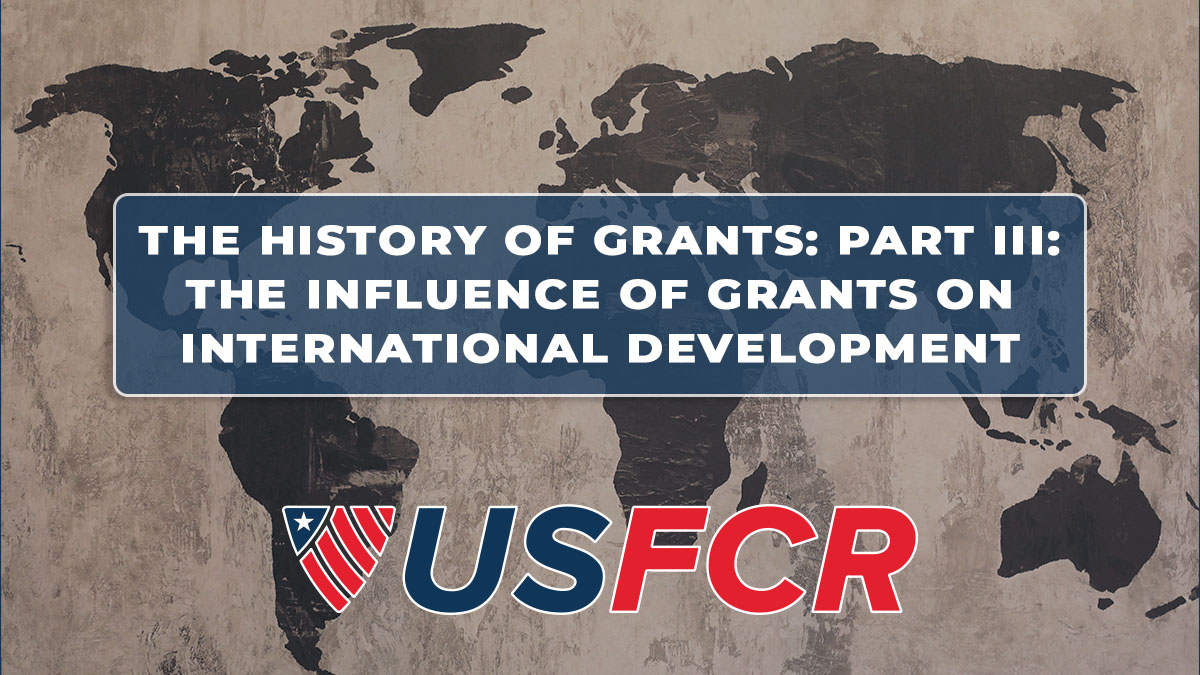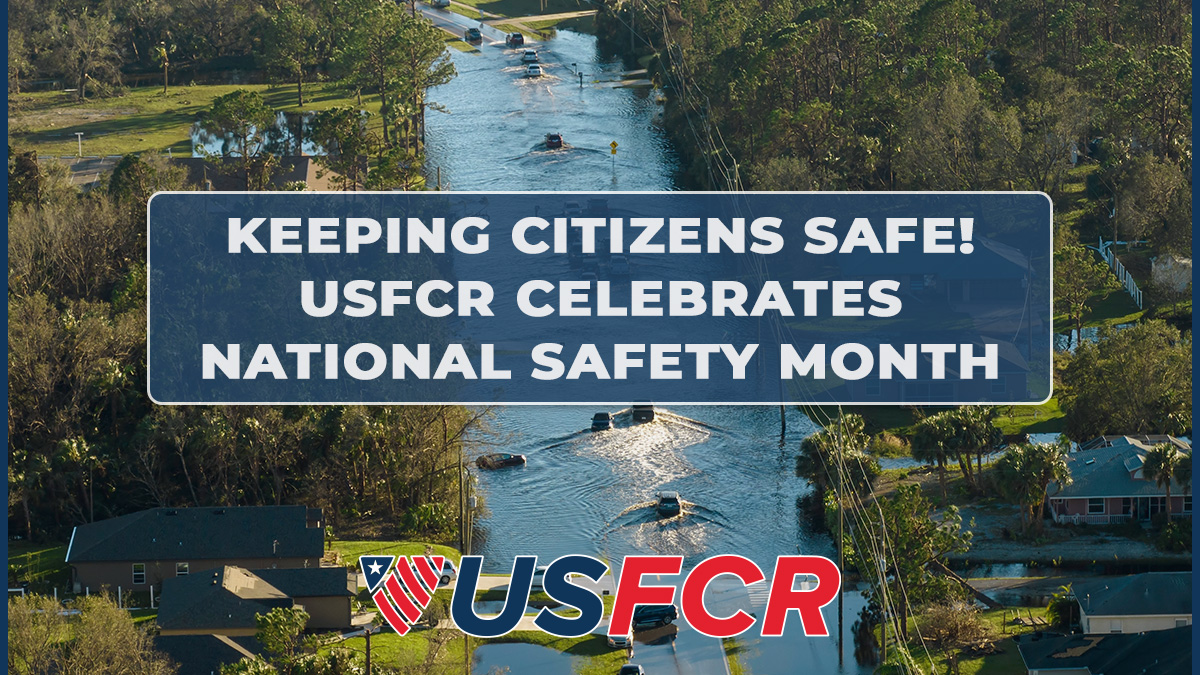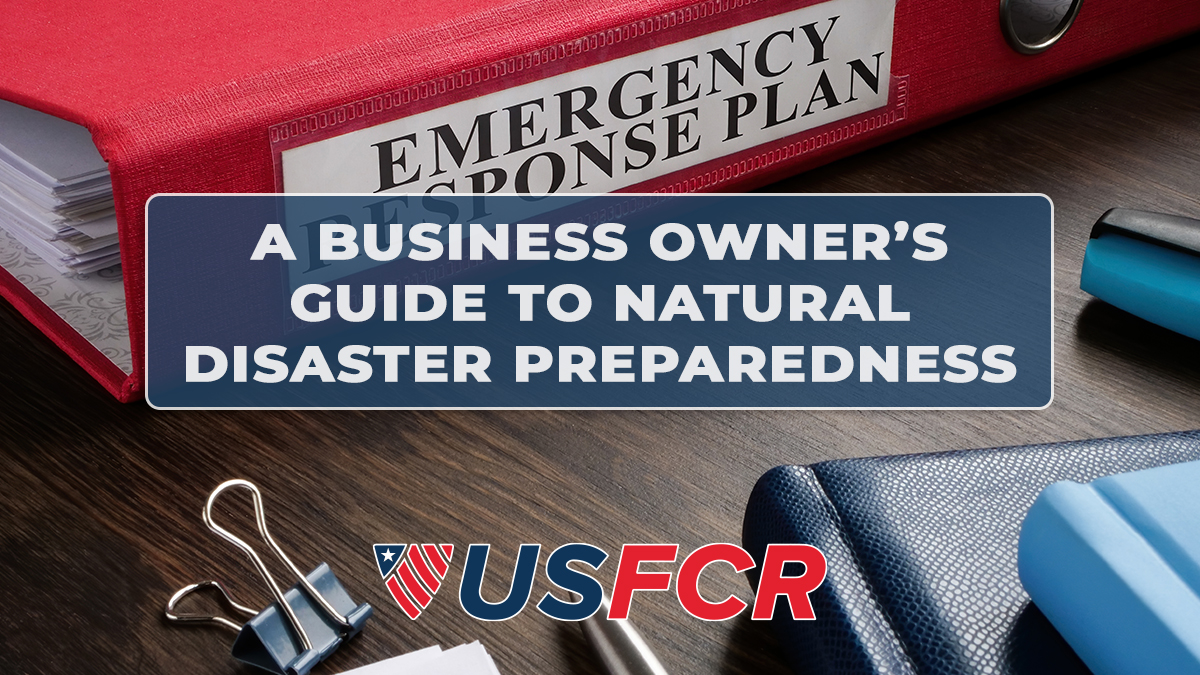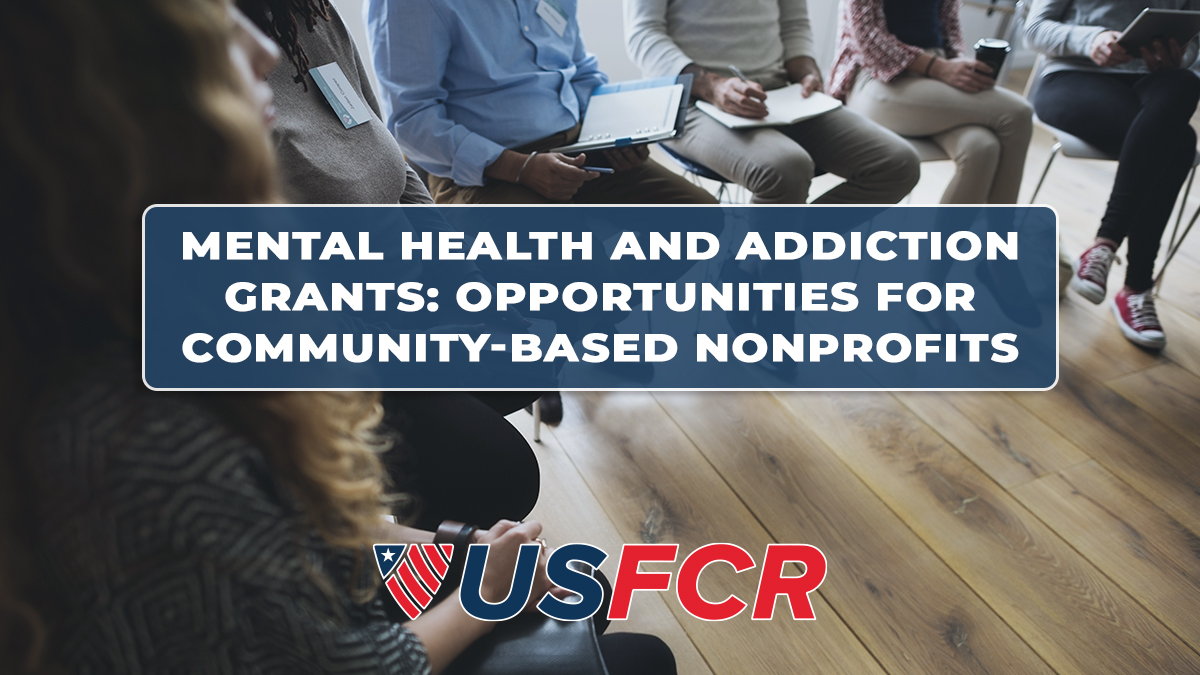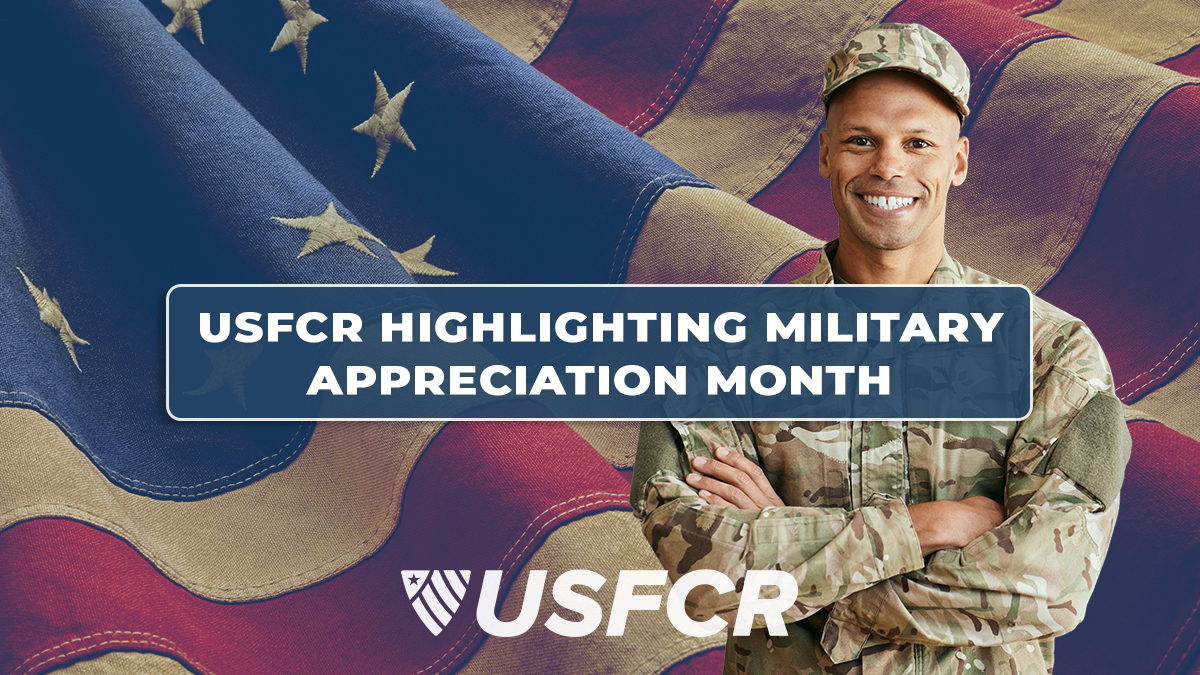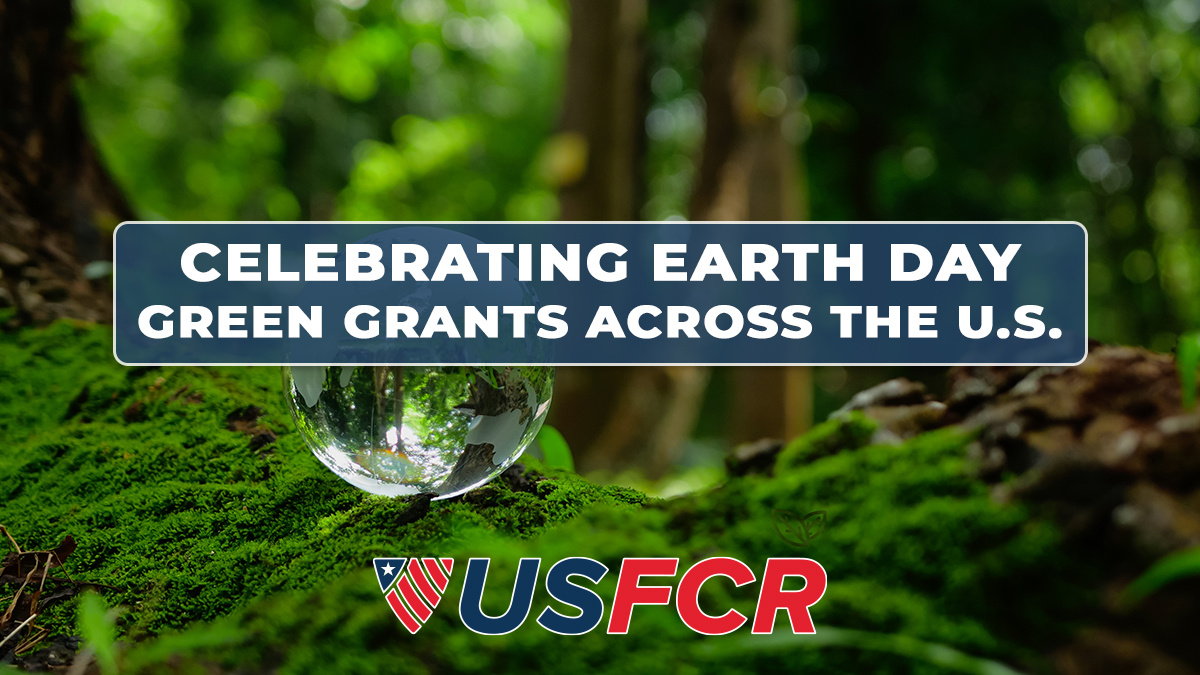The Food & Nutrition Service, under the U.S. Department of Agriculture (USDA), is granting up to $18 million towards FY 2026 Farm to School Grant Program. The purpose of this program is to enhance access to local foods in eligible Child Nutrition Program (CNP) sites through comprehensive farm-to-CNP programming that includes local sourcing and agricultural education efforts.
Up to $18 Million Allocated Towards Innovative Farm to School Projects
Oct 3, 2025 12:30:00 PM / by Mari Crocitto posted in News, Hot Grants
Up to $26 Million in Grants Available for National Outreach and Communications Program for Recreational Boating & Fishing Activities
Jul 2, 2025 4:12:50 PM / by Mari Crocitto posted in News, Hot Grants
The U.S. Fish and Wildlife Service, through the Department of the Interior, is expected to award funds to up to 15 applicants for innovative programs in relation to recreational boating and fishing activities under its National Outreach and Communications Program (NOCP). Be aware that eligible applicants must demonstrate experience with the following:
The History of Grants: Part III - The Influence of Grants on International Development
Jun 25, 2025 10:00:00 AM / by Mari Crocitto posted in News, Hot Grants, Grants
The United States has a long history of being a major contributor of foreign aid. In 2022, 86% of the United States’ foreign aid was allocated to economic support, while 14% went to military support. Ukraine, Israel, Ethiopia, Afghanistan, and Yemen were the top five nations to receive funding that year. (Haines, 2024). As of 2024, the United States remained the largest donor of governmental humanitarian aid, followed by the European Commission, Sweden, Germany, the United Kingdom, Japan, France, Switzerland, the Netherlands, and Norway (Donare, 2024).
Keeping Citizens Safe! USFCR Celebrates National Safety Month
May 29, 2025 8:00:00 AM / by Mari Crocitto posted in Hot Grants, Disaster Relief
As preventable injuries are the third leading cause of death in the United States, June emphasizes the importance of safety and recognizes National Safety Month. [1] To raise awareness, USFCR is currently highlighting opportunities and resources to help businesses, nonprofits, and individuals continue to aid in injury prevention and preparation for potential disasters.
A Business Owner’s Guide to Natural Disaster Preparedness
May 19, 2025 10:00:00 AM / by Daniel Cavins posted in News, Hot Grants, Disaster Relief
Natural disasters are occurring more often than ever, and as a business owner, it’s no longer enough to hope for the best. Being prepared for a natural disaster must be a part of your business strategy. According to a 2025 report by the Congressional Research Service, 40% of small businesses never reopen after a disaster, and another 25% fail within a year.1 It’s a clear reminder that having a plan in place before disaster strikes can mean the difference between recovery and permanent closure. You can’t predict when a weather emergency will occur, but you can make sure your business is ready when it does.
Grants for Nonprofits Addressing Mental Health and Addiction
May 7, 2025 9:00:00 AM / by Daniel Cavins posted in News, Hot Grants
Nonprofits play a critical role in supporting individuals with mental health and addiction challenges, offering essential services such as counseling, recovery support, education, and community outreach. To help organizations continue this important work, several foundations are offering grant opportunities to fund program expansion, enhance access to care, and support community-based solutions. Below are four grants available to nonprofits working to address mental health and addiction in their communities.
USFCR Highlighting Military Appreciation Month
May 1, 2025 7:00:00 AM / by Mari Crocitto posted in Guides, News, Hot Grants
The month of May highlights Military Appreciation Month, which plays a crucial role in fostering an awareness and understanding of the challenges service members, veterans, and their families face. [1] Military Appreciation Month celebrates a few of the following observance days:
Celebrating Earth Day - Green Grants Across the U.S.
Apr 22, 2025 7:00:00 AM / by Daniel Cavins posted in USFCR Academy, Hot Grants, Grants
This Earth Day, nonprofits dedicated to environmental conservation have the chance to access vital funding to further their impactful work. Grants aimed at protecting the environment are available across the country, supporting efforts to preserve natural resources and promote green initiatives. See below to explore environmental funding opportunities by state or region.
In-Kind Matches & Cost Sharing: What You Need to Know for Federal Grants
Apr 18, 2025 8:00:00 AM / by USFCR Grants posted in News, Hot Grants
If you're applying for a federal grant, you may come across a requirement to share in the cost of your project. This is called matching or cost sharing. In short, it means that part of the total cost needs to be covered by non-federal sources.
Matching amounts are usually shown as a percentage of the total project cost. These percentages, along with rules about which funds can be used, vary depending on the program. Always review the Notice of Funding Opportunity (NOFO) or other official guidance for your specific grant.
USDA’s Foreign Agricultural Service Allocates Funds for FY26 Agricultural Trade Promotion Programs
Apr 9, 2025 8:00:00 AM / by Mari Crocitto posted in USFCR Academy, Hot Grants, Grants
The U.S. Department of Agriculture’s (USDA) Foreign Agricultural Service (FAS) has recently launched four programs to help U.S. agricultural producers promote and sell their goods internationally. This action follows U.S. Secretary of Agriculture Brook Rollins’ latest announcement to visit six international markets—Brazil, India, Japan, Peru, Vietnam, and the United Kingdom—to boost American agricultural exports and expand markets for U.S. farmers, ranchers, and producers.
Be aware that the application deadline for all four programs is June 6, 2025. Applicants can submit questions to the agency's point of contact for all four programs until May 30, 2025.


